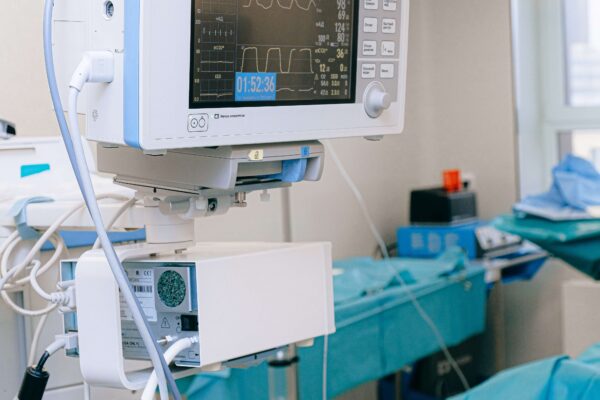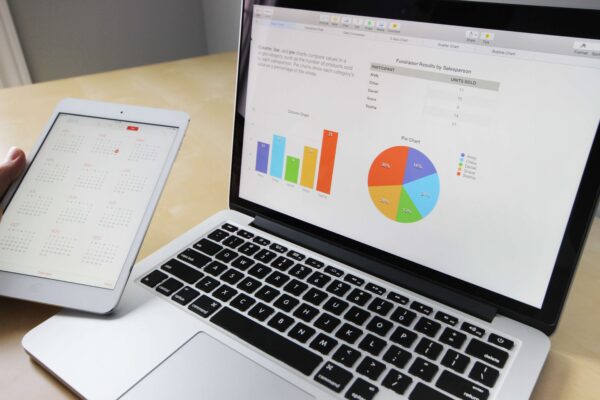
In the ever-evolving landscape of healthcare, technological innovations have played a pivotal role in transforming the way patient care is delivered. From streamlining processes to enhancing diagnostics and patient engagement, digital solutions are revolutionizing the healthcare industry. This article explores some of the remarkable tech innovations that are making healthcare more accessible, efficient, and patient-centric.
Introduction
The convergence of technology and healthcare has ushered in a new era of patient care. As healthcare providers seek ways to deliver more efficient and patient-centric services, technology innovations are at the forefront of this transformation. This article explores how digital solutions are revolutionizing the healthcare industry, making it more accessible and effective for patients and providers alike.
Electronic Health Records (EHRs)
Gone are the days of paper-based medical records. Electronic Health Records (EHRs) have digitized patient data, making it easily accessible to healthcare providers. This innovation streamlines administrative tasks, reduces errors, and allows for better coordination of care among healthcare professionals.
Telemedicine and Remote Monitoring
The COVID-19 pandemic accelerated the adoption of telemedicine. Patients can now consult with healthcare providers from the comfort of their homes, improving access to care, particularly in remote areas. Remote monitoring solutions enable physicians to keep tabs on patients with chronic conditions, ensuring timely interventions and reducing hospitalizations.
Artificial Intelligence (AI) in Healthcare
AI is transforming diagnostics and treatment. Machine learning algorithms can analyze vast datasets, aiding in early disease detection, personalized treatment plans, and drug discovery. AI-driven decision support systems assist healthcare providers in making more accurate and efficient clinical decisions.
Wearable Health Tech
Wearable devices, such as smartwatches and fitness trackers, have become ubiquitous. These gadgets allow individuals to monitor their fitness levels and vital signs. In healthcare, wearables offer the potential for early detection of health issues and encourage individuals to take a proactive role in their well-being.
Blockchain in Healthcare
Blockchain technology ensures the security and integrity of patient data. Medical records stored on a blockchain are tamper-proof, enhancing patient privacy and trust. Additionally, blockchain facilitates secure and transparent healthcare transactions, including billing and insurance claims.
Healthcare Mobile Apps
Mobile apps have empowered patients to manage their health actively. These apps enable appointment scheduling, medication reminders, and access to health information. They have also proven to be cost-effective tools for healthcare organizations.
3D Printing in Medicine
3D printing technology has revolutionized medical device manufacturing. Customized implants and prosthetics are now a reality, offering patients improved comfort and functionality. Surgeons also use 3D-printed models for surgical planning and medical education.
Robotics in Surgery
Robotic-assisted surgery enhances precision and enables minimally invasive procedures. Surgeons can perform complex surgeries with greater accuracy, leading to faster recovery times and reduced complications.
The Internet of Medical Things (IoMT)
Connected medical devices form the Internet of Medical Things (IoMT). These devices collect and transmit patient data in real-time, allowing for proactive healthcare interventions. IoMT improves patient monitoring, especially for those with chronic conditions.
Cybersecurity in Healthcare
With the digitization of healthcare, data security is paramount. Cybersecurity measures protect patient data from breaches and ransomware attacks. Ensuring the privacy and security of healthcare information is essential to maintain patient trust.
Challenges and Ethical Considerations
While healthcare technology offers numerous benefits, challenges and ethical considerations must be addressed. Ensuring data privacy, addressing health disparities in technology access, and maintaining ethical standards are crucial for responsible healthcare innovation.
The Future of Healthcare Innovation
The pace of healthcare innovation shows no signs of slowing down. Predictive analytics, nanotechnology, and gene editing are just a few areas where technology is poised to make significant strides. The future holds the promise of more precise, personalized, and accessible healthcare for all.
Conclusion
Tech innovations have reshaped the healthcare landscape, making it more patient-centered, efficient, and effective. From EHRs to telemedicine, AI to wearable tech, these advancements are improving patient care, streamlining processes, and revolutionizing the way we approach healthcare. As we move forward, embracing technology will be essential in delivering quality healthcare to an increasingly connected world.
In conclusion, the future of healthcare is bright, with technology serving as a powerful catalyst for positive change. As we navigate the evolving healthcare landscape, it’s essential to prioritize patient-centered care and ethical considerations, ensuring that these innovations benefit everyone, regardless of their circumstances.




